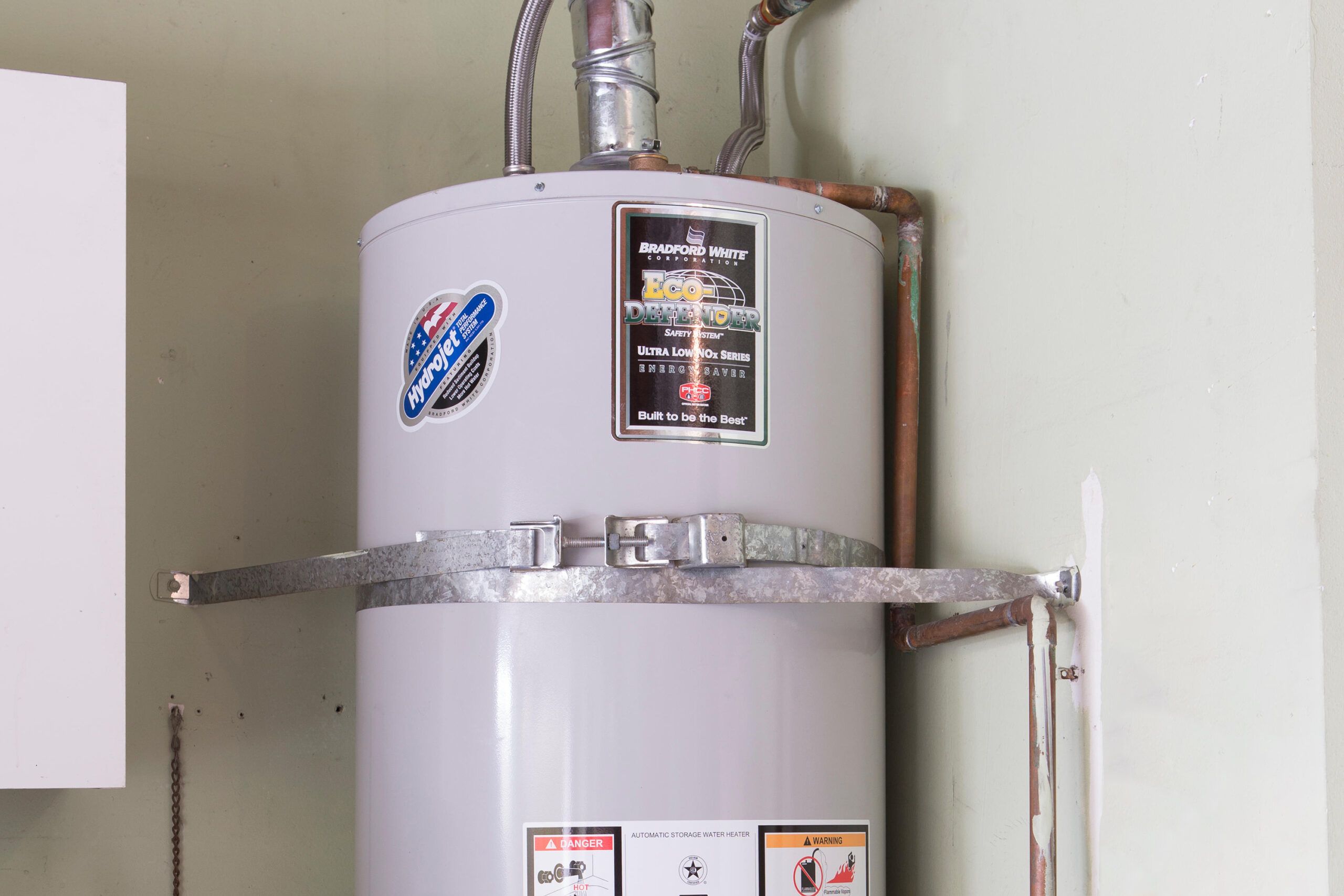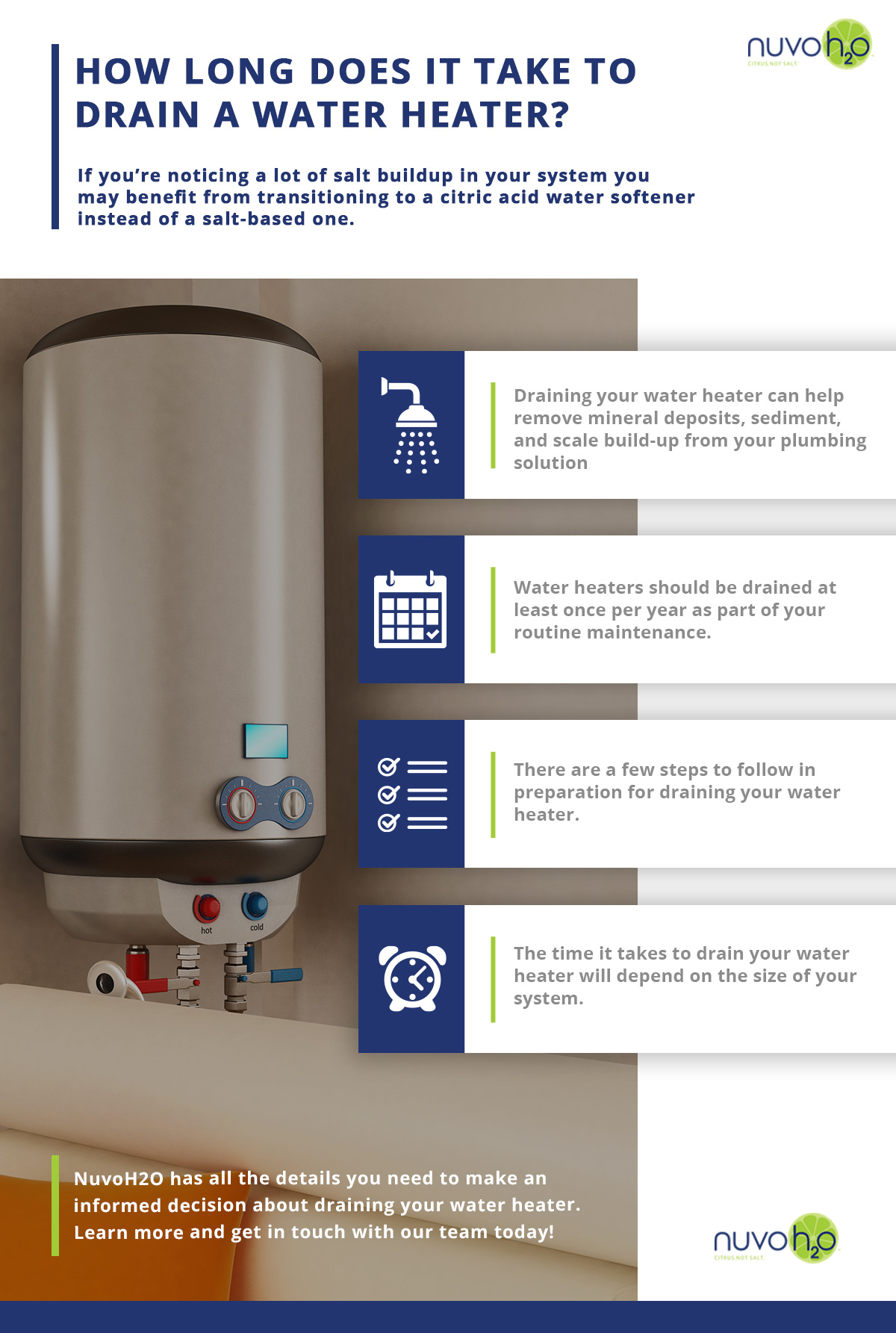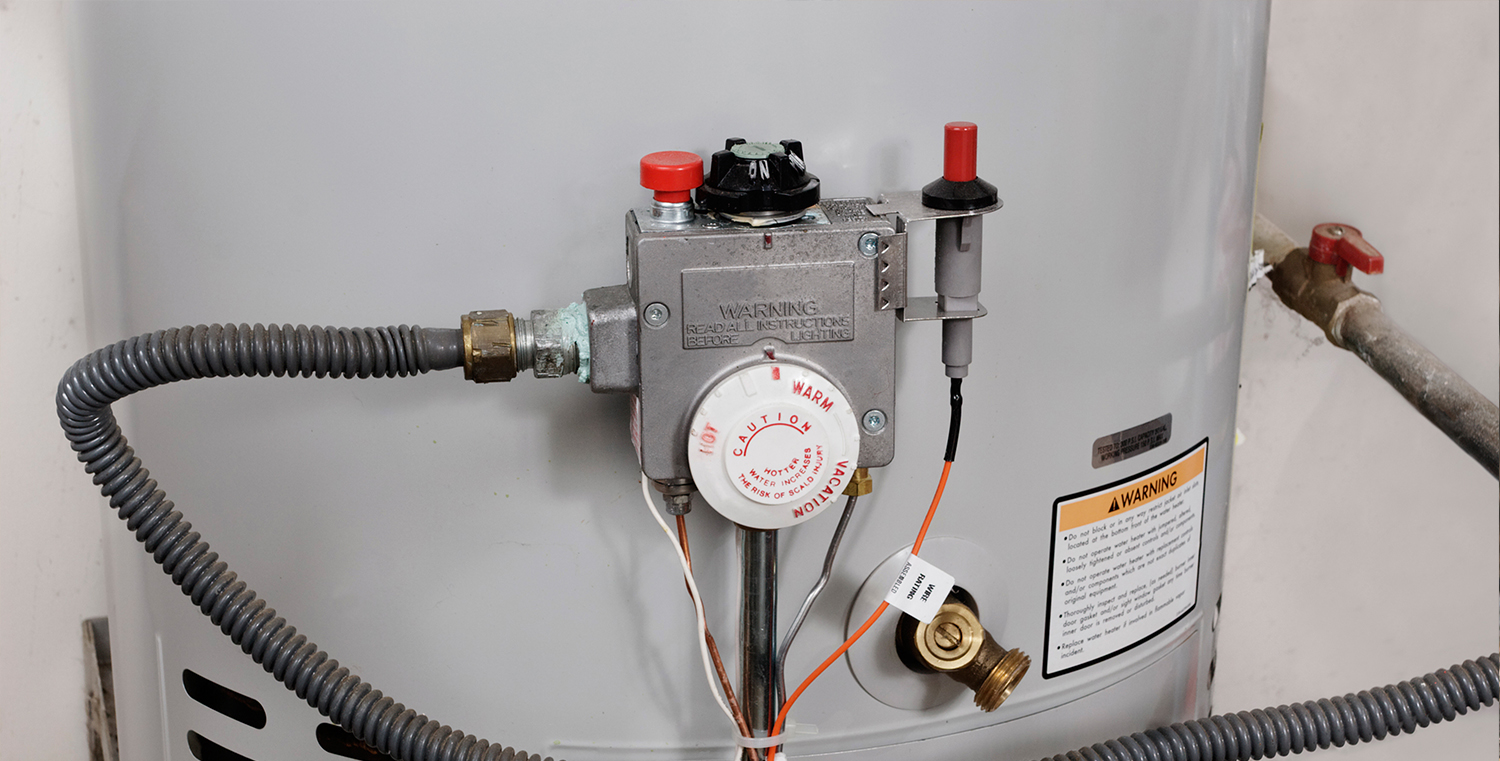Disclosure: This post contains affiliate links and I will be compensated if you make a purchase after clicking through my links. Learn More
Do you often find yourself waiting for hot water, only to be greeted by lukewarm disappointment? If your showers are leaving you cold, it might be time to ask yourself: Do you need a new water heater?
A reliable water heater is the unsung hero of your home, ensuring comfort and convenience every day. Yet, many homeowners overlook the signs that their water heater is on its last legs. Addressing this issue not only improves your daily routine but can also save you money and prevent future headaches.
Stick around to discover how to spot the telltale signs of a failing heater and how upgrading could transform your home life. Your comfort deserves attention, and this could be the change you’ve been waiting for.
Signs Of A Failing Water Heater
Is your water heater showing signs of wear and tear? Discovering issues early can save you from cold showers and costly repairs. Regular maintenance is key, but sometimes it’s not enough. Recognizing these signs can help you decide whether it’s time for a new water heater. Let’s dive into the telltale signs of a failing water heater.
Lukewarm Water
Have you noticed that your showers aren’t as hot as they used to be? If your water heater is only producing lukewarm water, it might be struggling to heat effectively. This could be a sign of a failing heating element or sediment buildup. Imagine trying to enjoy a warm bath after a long day, only to be greeted with lukewarm water. It’s frustrating, right? This issue not only impacts your comfort but could also increase your energy bills as the heater works harder to reach the desired temperature. Consider if a consistent lack of hot water is worth enduring.
Strange Noises
Does your water heater sound like a drum set in a rock band? Those strange noises might be more than just a nuisance. Banging, rumbling, or popping sounds often indicate sediment buildup at the bottom of the tank. As the sediment heats up, it causes the tank to overwork and make noise. Think of it as your water heater trying to speak to you, letting you know it’s struggling. Ignoring these noises can lead to more severe issues, potentially causing complete failure. Are you ready to listen?
Rusty Water
Have you ever turned on the tap and been met with rusty, discolored water? If your water appears brown or rusty, it might be a sign of corrosion inside your heater. This is especially true if the rusty water is coming from hot taps. Over time, corrosion can lead to leaks or even tank failure. You wouldn’t want to drink rusty water, right? It’s not just unpleasant—it’s a red flag that your heater could be on its last legs. Is it time to prioritize your water quality?
Leakage Issues
Have you discovered a mysterious puddle near your water heater? Leakage is a clear indication that something is wrong. Even small leaks can lead to significant water damage if left unchecked. You might have faced this inconvenience when you had to clean up a mess from a leaking heater. A leaking tank usually signifies structural issues, which often cannot be repaired and require a replacement. Can you afford to wait until the problem escalates?
Recognizing these signs early can prevent uncomfortable situations and save you money in the long run. Evaluate your water heater’s condition and consider whether it’s time for an upgrade. After all, maintaining comfort in your home should be a top priority.

Credit: www.ahs.com
Types Of Water Heaters
Choosing the right water heater can seem overwhelming. Different types offer unique benefits. From traditional models to solar-powered options, each serves specific needs. Understanding these can help you make the best choice for your home.
Traditional Tank
Traditional tank water heaters are common in many homes. They store and heat a large volume of water. This provides a steady supply of hot water. They’re often more affordable. But they can be less energy-efficient.
Tankless Models
Tankless water heaters heat water on demand. No need to store it. This means you won’t run out of hot water. They are more energy-efficient. Yet, they might cost more upfront. Their compact size saves space.
Heat Pump Options
Heat pump water heaters use air to heat water. They are highly efficient. They work best in warm climates. They can save you money on energy bills. Their installation might be more complex.
Solar Water Heaters
Solar water heaters use the sun’s energy. They are environmentally friendly. They reduce your energy costs. But they depend on the weather. Installation can be expensive. Yet, they offer long-term savings.
Factors To Consider
Consider water heater age, energy efficiency, and repair costs. A heater over ten years old may need replacement. Rising energy bills or frequent repairs suggest a new model.
When deciding if you need a new water heater, it’s crucial to weigh various factors that can impact your choice. Your decision should be based on efficiency, space, and budget. Each of these elements plays a vital role in ensuring you get the best performance and value.
Energy Efficiency
Energy efficiency is a key factor. A more efficient water heater can save you money on energy bills over time. Check for the Energy Star label as an easy indicator of efficiency. A high-efficiency model might cost more initially but can offer long-term savings. Compare the annual energy consumption of different models. This way, you can make an informed choice that aligns with your environmental values and financial goals.
Capacity Needs
Think about your household size and hot water usage. A small tank might not suffice for a large family. Conversely, a large tank could be overkill for a couple. Consider how often you run appliances like dishwashers and washing machines. If you’ve ever run out of hot water during a shower, it might be time to rethink your capacity needs.
Budget Constraints
Budget is always a consideration. While you shouldn’t cut corners, it’s important to find a model that fits within your financial means. Look for rebates or discounts that might apply to energy-efficient models. Sometimes, spending a bit more upfront can save you headaches and expenses in the long run.
Installation Space
Space is another aspect that can’t be ignored. Measure the area where your new water heater will go. Ensure it fits comfortably without cramming. Some units, like tankless heaters, require less space and offer flexible installation options. If you live in a smaller home or apartment, these might be worth exploring.
Have you ever bought something only to realize it doesn’t fit where you planned to put it? Avoid this common pitfall by double-checking your measurements before purchasing. Considering these factors will help you choose a water heater that meets your needs and expectations. Remember, the right decision isn’t just about today—it’s an investment for the future.
Benefits Of Upgrading
Considering upgrading your water heater? It can be a smart choice. Upgrading offers many advantages for your home. You can enjoy energy savings, consistent temperatures, and enhanced safety. Let’s explore these benefits further.
Energy Savings
A new water heater can reduce your energy bills. Modern units use energy more efficiently. They heat water faster, using less power. This efficiency means lower monthly costs. Over time, these savings add up significantly.
Consistent Temperature
Old heaters often struggle to maintain steady temperatures. You might notice water getting cold quickly. A new heater ensures a consistent hot water supply. You can enjoy warm showers without sudden temperature changes.
Reduced Maintenance
Old water heaters often need frequent repairs. A new unit requires less upkeep. This means fewer service calls and headaches. You can save time and money with a reliable system.
Enhanced Safety
Safety is a top priority in any home. New water heaters come with advanced safety features. These features prevent leaks and overheating. You can trust your water heater to function safely every day.
Professional Installation
Investing in a new water heater is a significant decision. Ensuring it works efficiently requires professional installation. This guarantees safety and optimal performance. A skilled technician knows the ins and outs of the process. They ensure your heater functions at its best. Trusting an expert can save time and prevent future issues.
Finding A Reliable Technician
Choosing the right technician is crucial. Start with recommendations from friends or family. Online reviews can also guide you. Look for certified professionals with experience. Check their credentials and past work. Ensure they are licensed and insured. This protects you from unexpected damages. A reliable technician offers peace of mind.
Installation Process Overview
The installation process involves several steps. First, the old heater is removed safely. Then, the new unit is placed in position. Connections to water and power are made carefully. The technician checks for leaks and ensures proper settings. Finally, they test the heater for functionality. Each step requires precision and expertise.
Post-installation Tips
Once installed, maintain your water heater regularly. Check for leaks and strange noises. Flush the tank annually to remove sediment. This improves efficiency and lifespan. Adjust the thermostat for energy savings. Keep the area around the heater clear. These simple steps enhance performance and safety.

Credit: nuvoh2o.com
Maintenance Tips
Regular maintenance extends your water heater’s life and boosts efficiency. It prevents unexpected breakdowns and high energy bills. Follow these tips to keep your water heater in top shape.
Regular Inspections
Inspect your water heater every few months. Check for leaks or rust on the tank. Listen for strange noises. Early detection of issues saves you money.
Flushing The Tank
Flush the tank annually. This removes sediment buildup. Sediment reduces efficiency and damages the heater. Turn off the power and drain the tank. Refill and restore power afterwards.
Checking The Anode Rod
Inspect the anode rod every three years. This rod prevents tank rust. Replace it if less than half an inch thick. This simple step prolongs your heater’s lifespan.
Temperature Settings
Set the water heater temperature to 120°F. This setting is energy-efficient and safe. It prevents scalding and saves on energy bills. Avoid setting it too high.

Credit: justcallburton.com
Final Words
Choosing a new water heater? Consider your household’s specific needs. Energy efficiency can save you money long-term. A reliable heater ensures comfort during cold seasons. Evaluate the size and type that fits your home. Gas, electric, or tankless offer varied benefits.
Consult a professional for the best advice. Frequent repairs signal it’s time for a change. An efficient unit means fewer breakdowns. Stay warm and worry-free with the right choice. Your comfort matters, so choose wisely. Keep your home cozy and your water hot.


